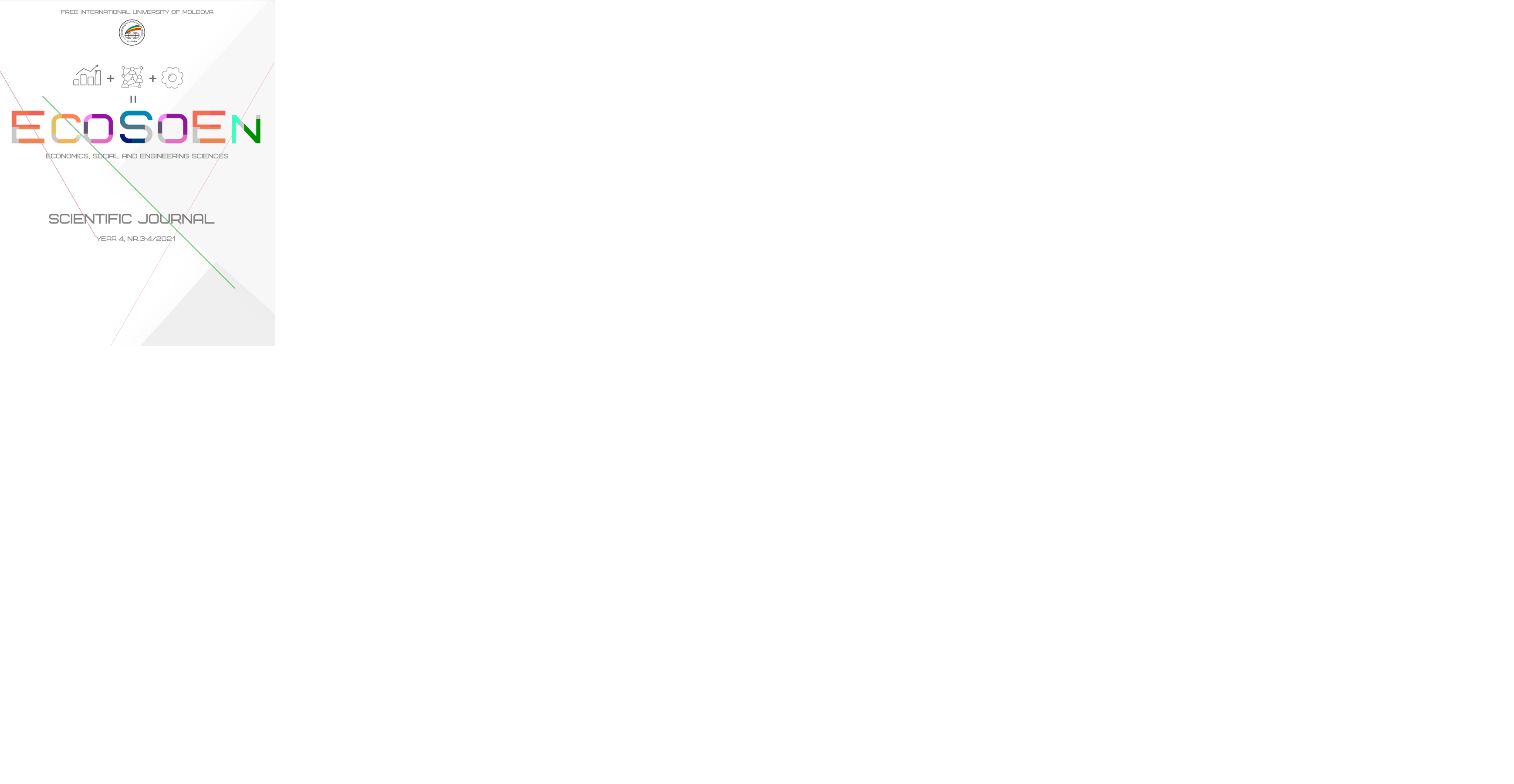PERCEPTION OF PANDEMIC COVID-19 CHALLENGES BY PEOPLE OF DIFFERENT AGE
PERCEPTION OF PANDEMIC COVID-19 CHALLENGES BY PEOPLE OF DIFFERENT AGE
Author(s): Svetlana RUSNACSubject(s): Social Sciences, Psychology, Health and medicine and law, Human Resources in Economy
Published by: Universitatea Liberă Internațională din Moldova
Keywords: opinion poll; pandemic; Covid-19; communication; quality of life; resources; adaptation;
Summary/Abstract: The results of an opinion poll, conducted online from February to April, 2021 are presented. The answers given to the questionnaire by 356 respondents, aged 19 to 65, were processed. Survey participants expressed their views on the changes that took place in social relations, the quality and forms of communication, the difficulties and resources identified in the pandemic situation. Although most respondents mentioned that interpersonal relationships were not affected by the pandemic (46.6%), or even became more productive (12.9%), it was noted that the most common means of communication in the last year have become networks, social networking, chats, instant messenger applications (61.8%), followed by the use of mobile telephony (23.6%), only 12.4% communicating more live. The majority of respondents are partially (54.5%), or more dissatisfied (14.6%) with the quality of communication and social relations, dissatisfaction being conditioned by the reduction of live communication possibilities (p <0.01).The most affected by the pandemic areas of life of the population are the organization of leisure and vacations, confidence in political stability, the realization of cultural needs, access to health services, sharing a sense of personal security. The resources for improving the quality of life in pandemic conditions are family relationships, more favorable conditions for emphasis and focusing on individual potential, more efficient realization of the possibility of training and professional development. Young people aged 19-29 show high mobility during this period, many of them employing, or changing jobs, applying for university studies. Every 10th emigrated, more than 1/5 created a family. About 1/3 of the respondents aged 30-44 used this period for training in a field of work or increased professionalism, 1/5 applied for university studies, each fourth put more importance on physical condition and health, 13.3% decided on the birth of a child. Respondents aged 45-65 used this period for training in a field of work or increasing their professionalism, taking care of physical condition and health, starting or changing a business. The majority of respondents (78.8%) are worried about the pandemic situation insofar as they respect the restrictions in order not to endanger their health, bothered by the restrictions for traveling abroad, for theaters, concert halls, conducting school and university education in traditionally, for the HoReCa sector, commercial units and markets. The greatest concern is in young people aged 19-29. Respondents also share worries about adapting to post-pandemic conditions. The reports established by statistical correlation indicate: the negative influence of pandemic concern on the assessment of quality of life (p = 0.028); the direct ratio between the negative perception of adaptive capacities in the post-pandemic period and the negative appreciation of the quality of life (p = 0.032); indirect interdependence between the ability to adapt to pandemic conditions and to return to normal (p <0.001).
Journal: EcoSoEn
- Issue Year: 2/2021
- Issue No: 3-4
- Page Range: 165-174
- Page Count: 10
- Language: English

